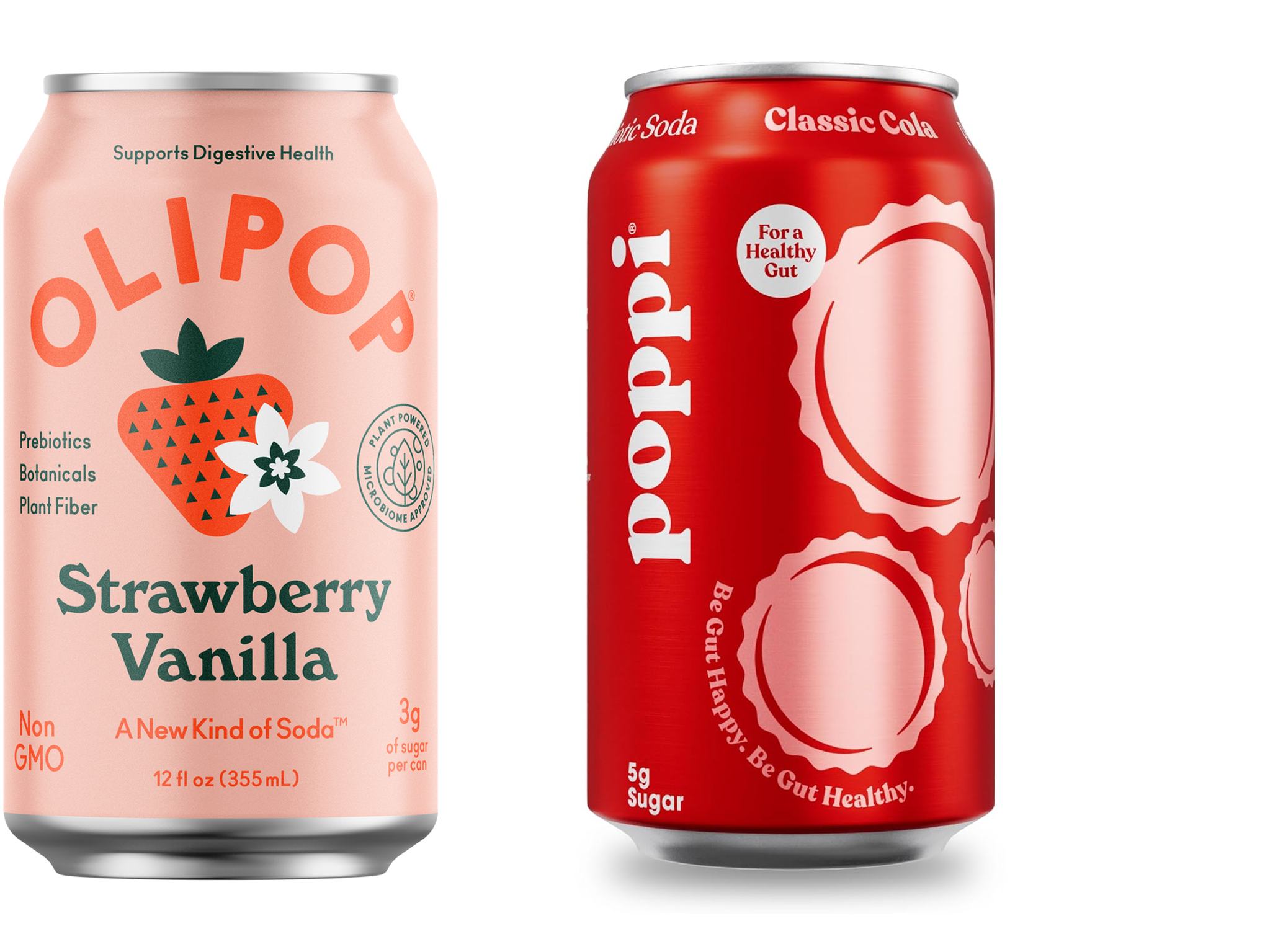‘Prebiotic’ is a term with significant challenges. For over 20 years it has been promoted by ingredient suppliers and has appeared on brands to flag up soluble fibre’s gut health benefits. But prebiotic has meaning to very few consumers. It is not a motivator to purchase for more than a niche of consumers, and they skew strongly 50+.
Despite this, recent have seen an increasing number of prebiotic products pop up in one particular category: carbonated beverages. From Poppi in the US to Fibe in the UK and Bobby in Australia, the list of start-ups in the category is long. Claims on-pack include “soda, but better”, “supports digestive health” and “xg of plant fibre per can”.
In the US, Olipop recently became the first beverage brand to get Prebiotic Verified certification. The certification comes from Canadian research organisation SGS Nutrasource and is described as “the first prebiotic standard”. It aims to create trust by ensuring quality and compliance in the prebiotics space and gatekeeping against misleading claims.
Both Olipop and Poppi are growing strongly, with the former recording sales in the region of $200 million in 2022 and the latter seeing a 148% sales growth in the same year. This may be an indication that, somewhat surprisingly, beverages are one category where prebiotics may actually work.
However, these drinks are also promoted with a range of other claims such as “low sugar”, and “guilt-free” or simply “gut friendly”. Those claims are usually more interesting to consumers and are probably a contributing factor to the brands’ success.


